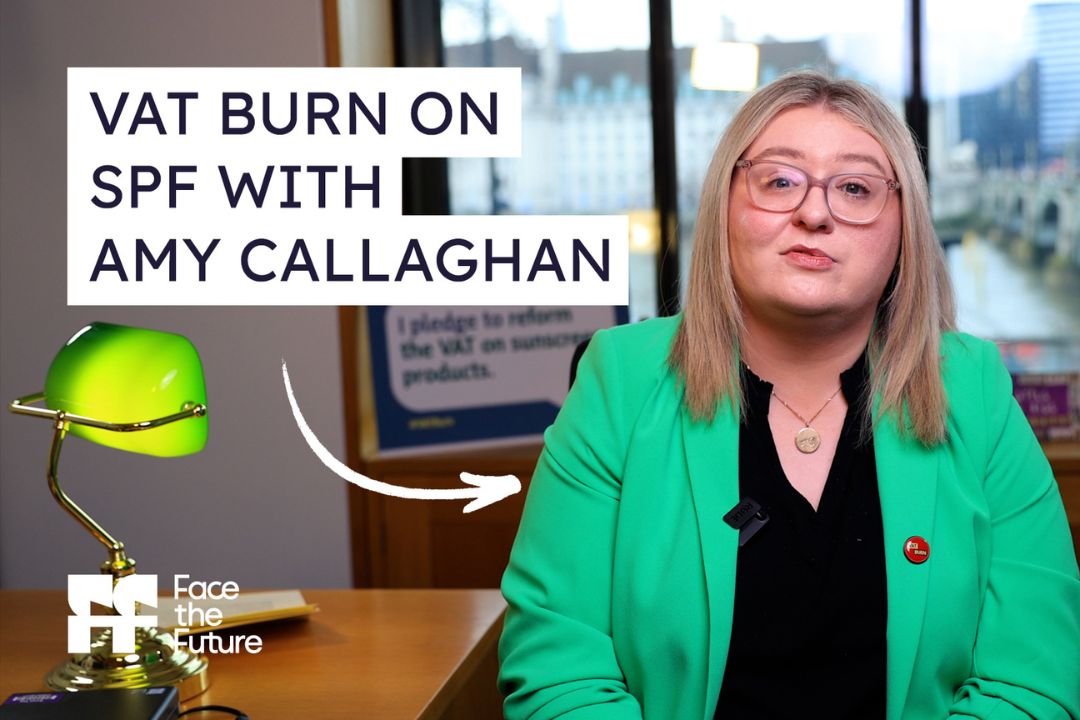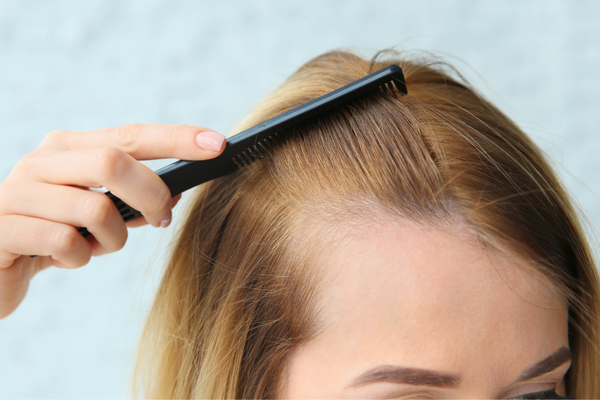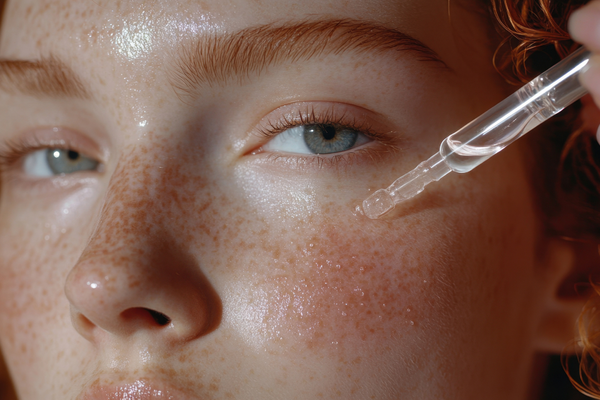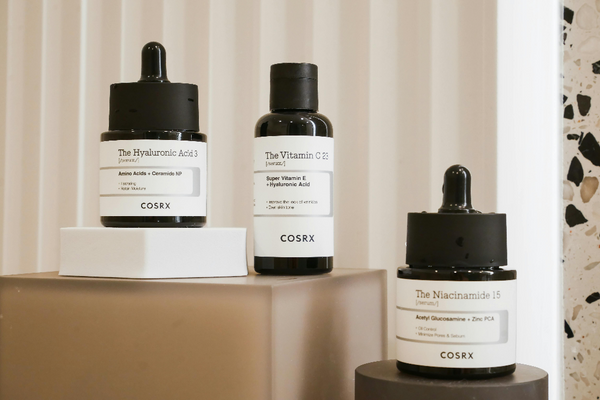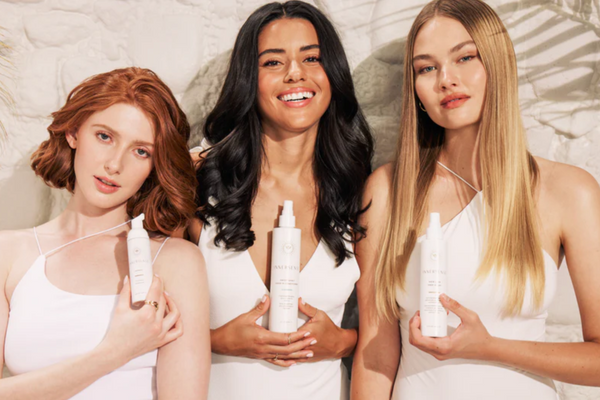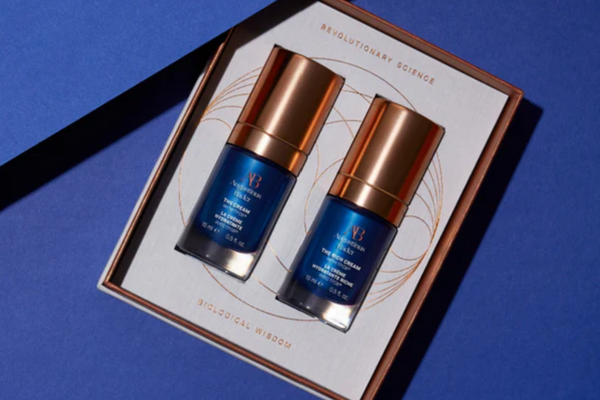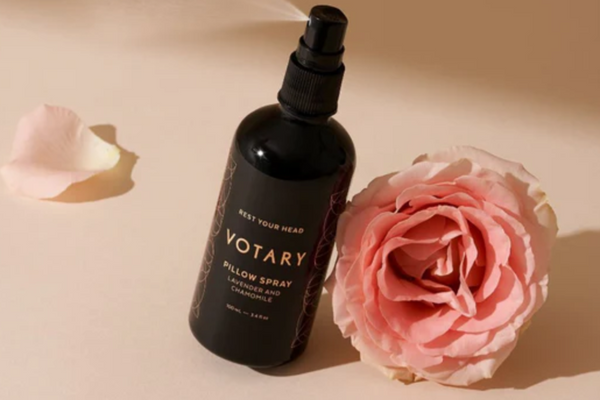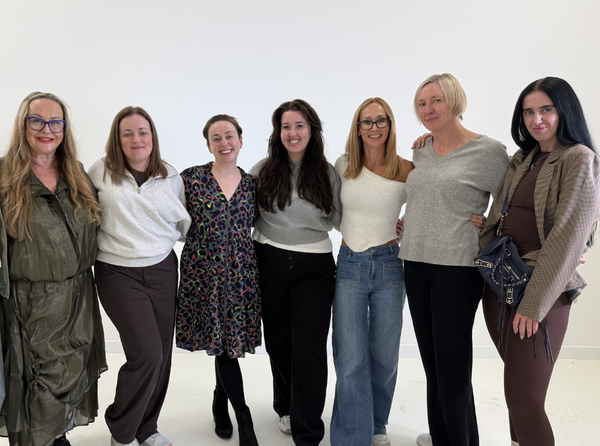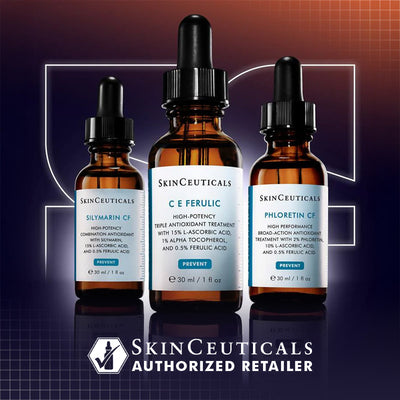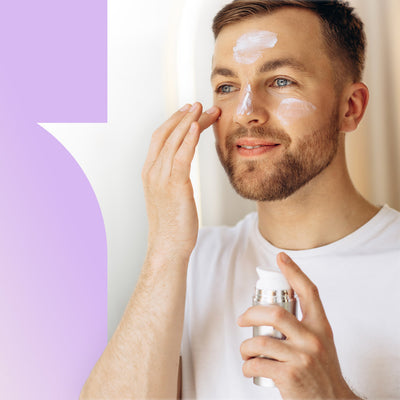VAT Burn Campaign With Former MP, Amy Callaghan: The Fight For Sunscreen Accessibility
In an exclusive interview, we sat down with Amy Callaghan, Former MP, to discuss her involvement in the VAT Burn Campaign, an initiative dedicated to making sunscreen more accessible and affordable in...
In an exclusive interview, we sat down with Amy Callaghan, Former MP, to discuss her involvement in the VAT Burn Campaign, an initiative dedicated to making sunscreen more accessible and affordable in the UK. This year at Face the Future, we're fighting to raise awareness on the importance of SPF as a daily habit, and urging everyone to keep their sunscreens topped up all year round.
Amidst the ongoing cost of living crisis, it's crucial to prioritise the affordability of sunscreen to encourage its regular use and safeguard individuals from the harmful effects of sun exposure. Additionally, there is a pressing need to raise public awareness into daily routines.
The VAT Burn campaign adopts a dual approach, aiming to not only make sunscreen more accessible but also to promote education on the significance of sun protection, ultimately contributing to the overall wellbeing and health of the population.
Join us as we delve into the details of this important conversation and explore how this campaign could help promote skin health and reduce the risk of skin cancer.
What Inspired You To Take Up This Cause And Advocate For Change In VAT Removal On Sunscreen?
"I wanted to use an experience of mine that was inherently negative to do something good in society," Amy Callaghan explains. "Far too many people die from Melanoma and other skin cancers across the UK. It's time real tangible action was taken so that more people seriously take care of their skin and protect it from the sun."
Amy shares her story on why this cause is so important to her. She was diagnosed with Melanoma skin cancer when she was just 19 years old. Like anyone who has been given the diagnosis of skin cancer, Amy found herself going through a huge turmoil and had a huge weight on herself. "The wind was taken out of my wings and I really struggled to pull it back together."
Amy admits that, like many others in the UK and across the world, she didn't know much about melanoma at the time of her diagnosis.
"I actually took a little pause and thought 'it's not cancer that's a good thing', but it was cancer and I think we need to raise awareness of skin cancer, raise awareness of melanoma in particular and make sure that people know to take themselves from it because I wouldn't wish the diagnosis at least on anyone," Amy says.
To help us understand the common views surrounding sun protection, we conducted an SPF survey where we asked members of the UK public their thoughts and experiences with SPF. This found 45% of the UK are not worried about getting skin cancer, 46% of the UK are not familiar with the symptoms of skin cancer, and more people in the UK are worried about sunburn (68%) than they are of getting skin cancer (61%).
Why Is It Important To Treat Sunscreen As An Essential Healthcare Item?
"It's incredibly important that we use and treat sunscreen as an essential healthcare item," Amy states. "If you look at Australia, for example, more people die here in the UK from Melanoma. To me, that's outrageous, but it's because Australia treat sunscreen with a degree of respect that it deserves and they're taking this issue very seriously."
Amy is adamant that no matter the heat in the UK, we need to mirror their slip slap slop campaign and we need to mirror the fact that they do not charge VAT or VAT style taxes on sunscreen products.
"We need to remove the VAT from sunscreen, treating it as the essential healthcare item it is and not as a luxury good," Amy says. "One thing that really irks me is when I get asked about why, as a Scottish MP, do I care about removing the VAT from sunscreen."
Sun damage can occur all year-round, not just when you're on holiday, and not just when it's sunny outside. The sun emits UV radiation in the form of UVA and UVB rays - these can even penetrate through clouds, and without sun protection this could lead to your skin being severely damaged.
Our SPF survey found that 45% of the UK don't feel that SPF need to be worn all-year, in winter, or indoors, and 35% of the UK are wearing less than SPF 30.
SPF 30 is the minimum sun protection factor you should be using on a daily basis to ensure your skin is protected from the sun's harmful UV rays. If you are in a hotter, sunnier climate or in the sun for a prolonged period of time, it's recommend that you amend your sun protection factor to higher to ensure your skin is sufficiently protected.
Amy stands by that you can get burnt no matter where you are - and how important it is to protect your skin all-year-round. "It's our most vital organ, and it's high time that the UK government treated sunscreen as a vital healthcare item." Amy states.

What Steps Are You Taking To Raise Awareness About This Issue And Garner Support For Reform?
Amy has been campaigning against the absorbing of VAT on sunscreen products since 2022, starting with the submitting a written question to the UK government to ask ministers to consider removing the VAT from SPF. The minister refused this request.
"I've raised this issue in parliament through multiple means, all means that have been afforded to me as an MP," Amy explains. "So through debates, through question sessions, and raising it in the press as well."
Face the Future will be supporting Amy's VAT Burn Campaign alongside our own year-long campaign, 366 Days of SPF, to raise awareness on the importance of making sunscreen application a daily habit. To do our part in the campaign, we are removing VAT* off all core sunscreen products on our site from the 14th March to 31st August. This will allow SPF to become more accessible to our customers, and urge the importance of highlighting sunscreen as an essential healthcare items, rather than a luxury product.
"Working alongside organisations like Face the Future brings it to a whole other dynamic, and reaches a whole other audience that, I myself, maybe wouldn't be able to do as an MP," Amy explains. "I think it's really important that we tackle this from a political and parliamentary angle, but also from a more holistic and wellbeing angle as well."
How Have Stakeholders, Businesses, And Fellow Politicians, Responded To The VAT Burn Campaign So Far?
"It's been quite a mixed response," Amy explains honestly. "I would say the vast majority of my fellow MP's have been broadly very supportive of it. It's just very unfortunate the British government haven't been supportive."
Amy finds that rather than urging the use of sunscreen to protect your skin from sun damage and prevent skin cancers, the UK government's guidance is to stay in the shade and wear a hat - and this doesn't sit well with Amy.
"It needs to be a multi-pronged approach whereby wearing sunscreen and wearing affordable sunscreen is a part of maybe sitting in the shade and wearing appropriate clothing as well," Amy says.
How Can The Community Get Involved Or Contribute To Your Efforts To Bring Change In VAT Regulations?
"Please write to me, I want to hear from as many people who are keen to be involved in this campaign as possible." Amy says. "I want to hear from you, I want to hear about your experiences, and why you think it's important that we remove the VAT from sunscreen."
Ready for another post? Discover everything you need to know about our 366 Days of SPF Campaign: Make SPF Your Daily Habit To Protect Your Skin From Melanoma Skin Cancer.
*Whilst VAT is legally required to be charged on all orders, we are discounting core sunscreens that are included in our VAT Burn campaign by 20% until the end of August to cover the cost of VAT.

